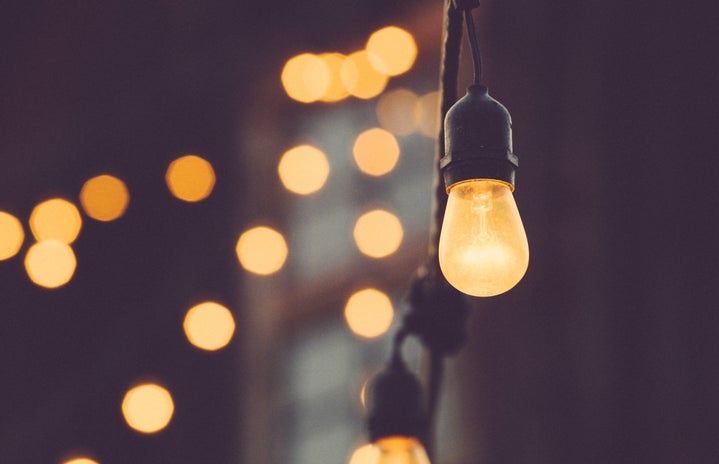Lately, I have been thinking a lot about the term “safe space” and what that looks like in a P.W.I. (predominately white institution) like Wells College. There are many definitions for safe space but the way I would define it is as a space where you are welcomed, accepted and provided with some sort of emotional protection. In most cases, safe spaces are spaces filled with like-minded people who agree to refrain from ridicule, criticism and microaggressions. Now, as a queer woman of color, again in a P.W.I., I think to myself, where is my safe space here at Wells? Even in spaces that are deemed “safe spaces” I feel uncomfortable. I feel uncomfortable because I am always one of two, maybe three people of color in the room and my white counterparts may be unaware of their subtle forms of racism and unintentional exclusion. If I so easily feel uncomfortable in these so-called safe spaces, I know for a fact this is something relatable for many. The need for safe spaces for only P.O.C. (people of color) is in high demand on this campus and many other college campuses as well.
P.O.C. only space is necessary because we need to be able to exist and function in a space where any form of discrimination ceases to exist whether small or major. I think about the spaces I occupy and when I feel the most content, and it is honestly when other people of color surround me. For example, I am a part of a step team which consists of all P.O.C. When we are in our element, it is a refreshing feeling that I long for while I’m here at Wells and one I take for granted when I’m back home in New York City. Most times, white people don’t mean to cause harm or to provoke these feelings in P.O.C., but the truth is that it does and that it is a problem which is why these spaces are essential for coping and healing especially on a college campus. These spaces are rare places where minority groups are protected from mainstream stereotypes and marginalization, and they are crucial to the resistance of oppression, and they should be respected.
NO THIS IS NOT SEGREGATION OR REVERSE RACISM! Segregation was imposed on people of color by people of privilege, not the other way around. The very need for people to organize to help each other combat social barriers and injustices is proof that these spaces are needed and some people ought to be excluded for that to happen. Though I believe it can be, racism isn’t personal; it is structural, and for those that are affected by it to heal and cope, these spaces are vital.



